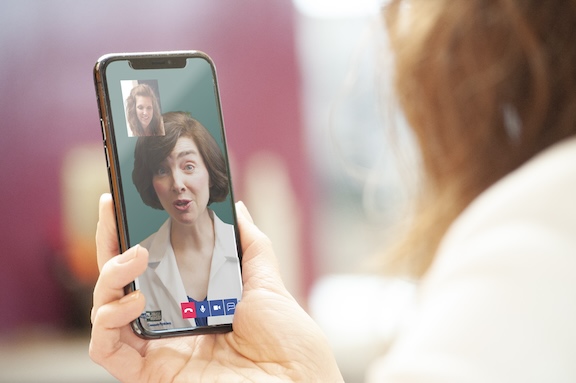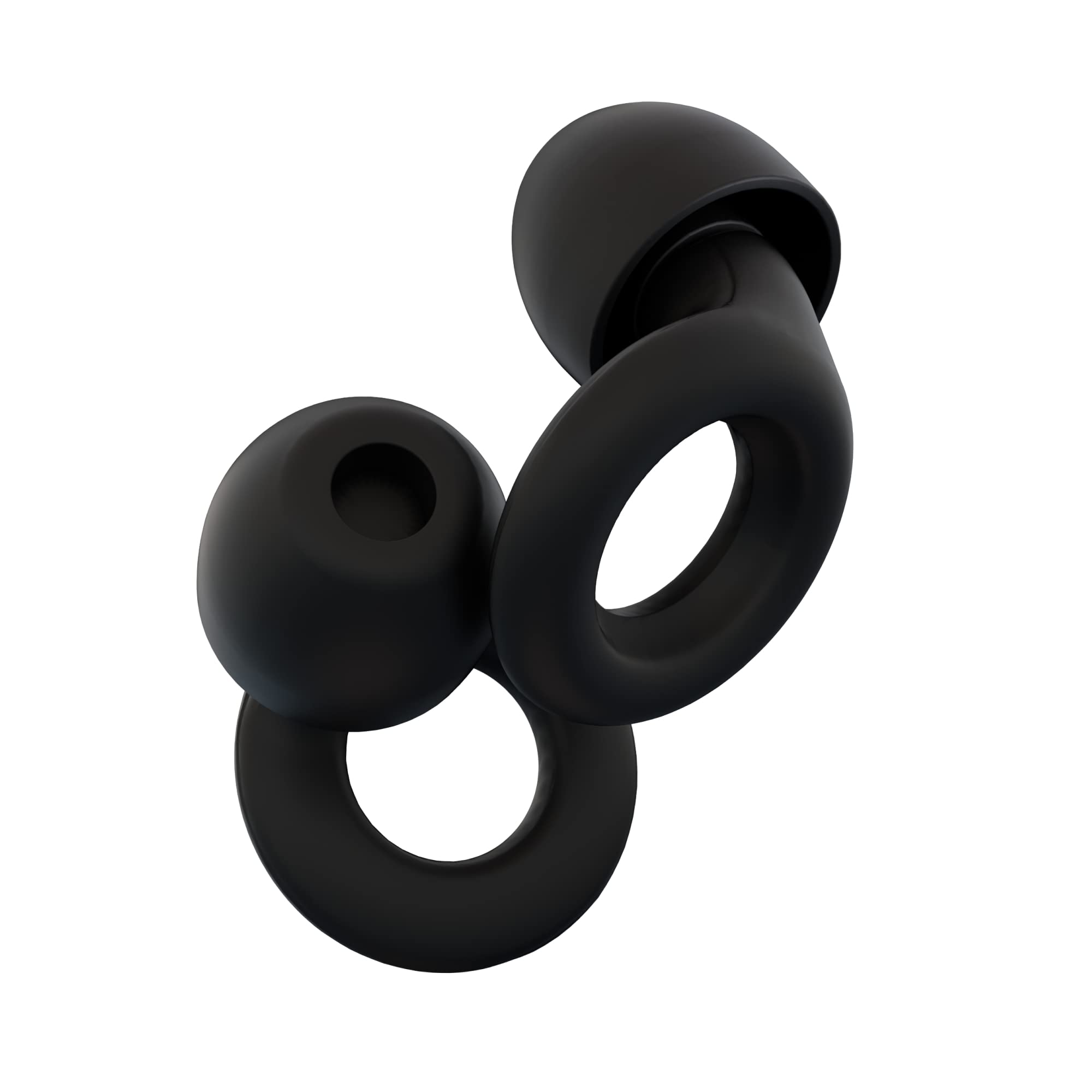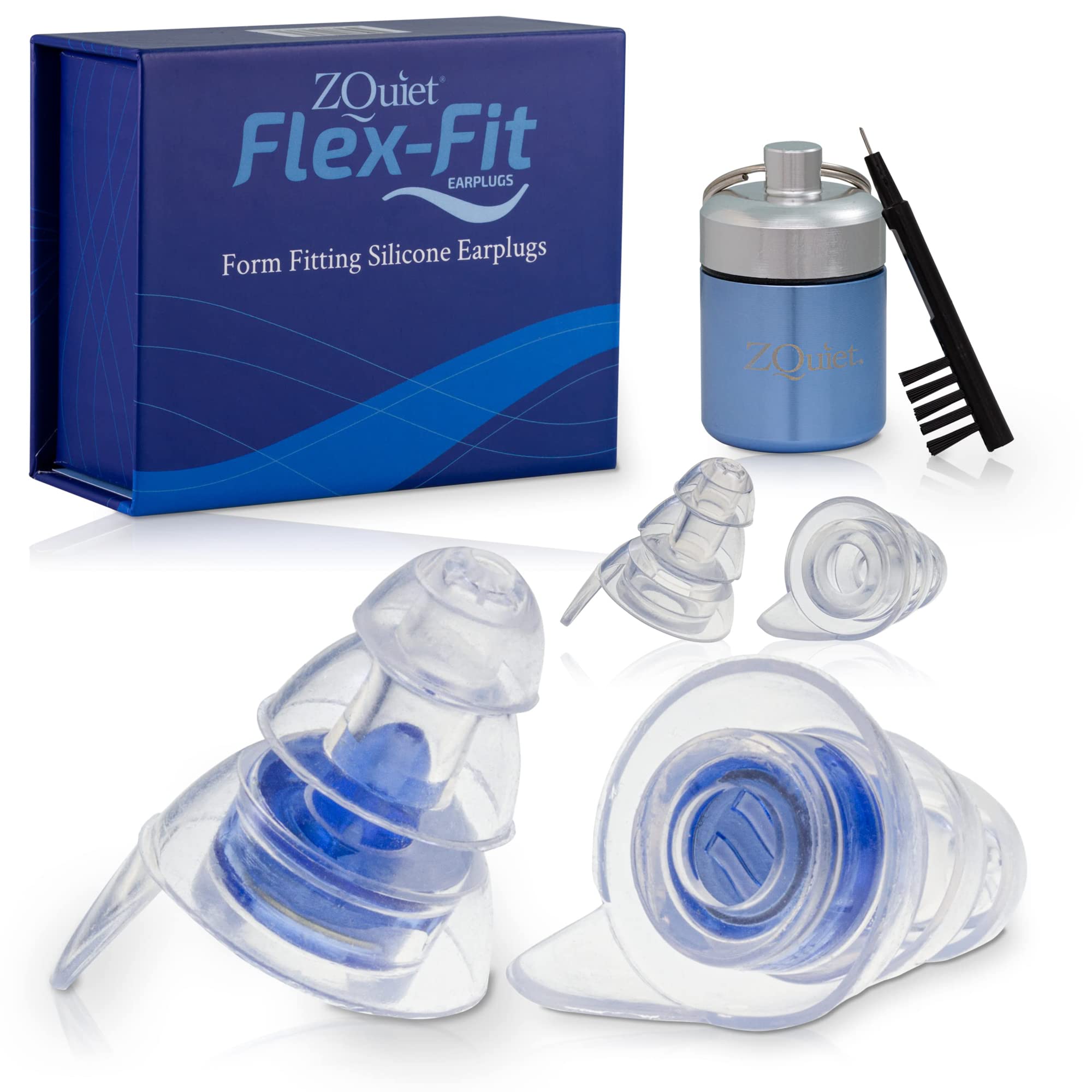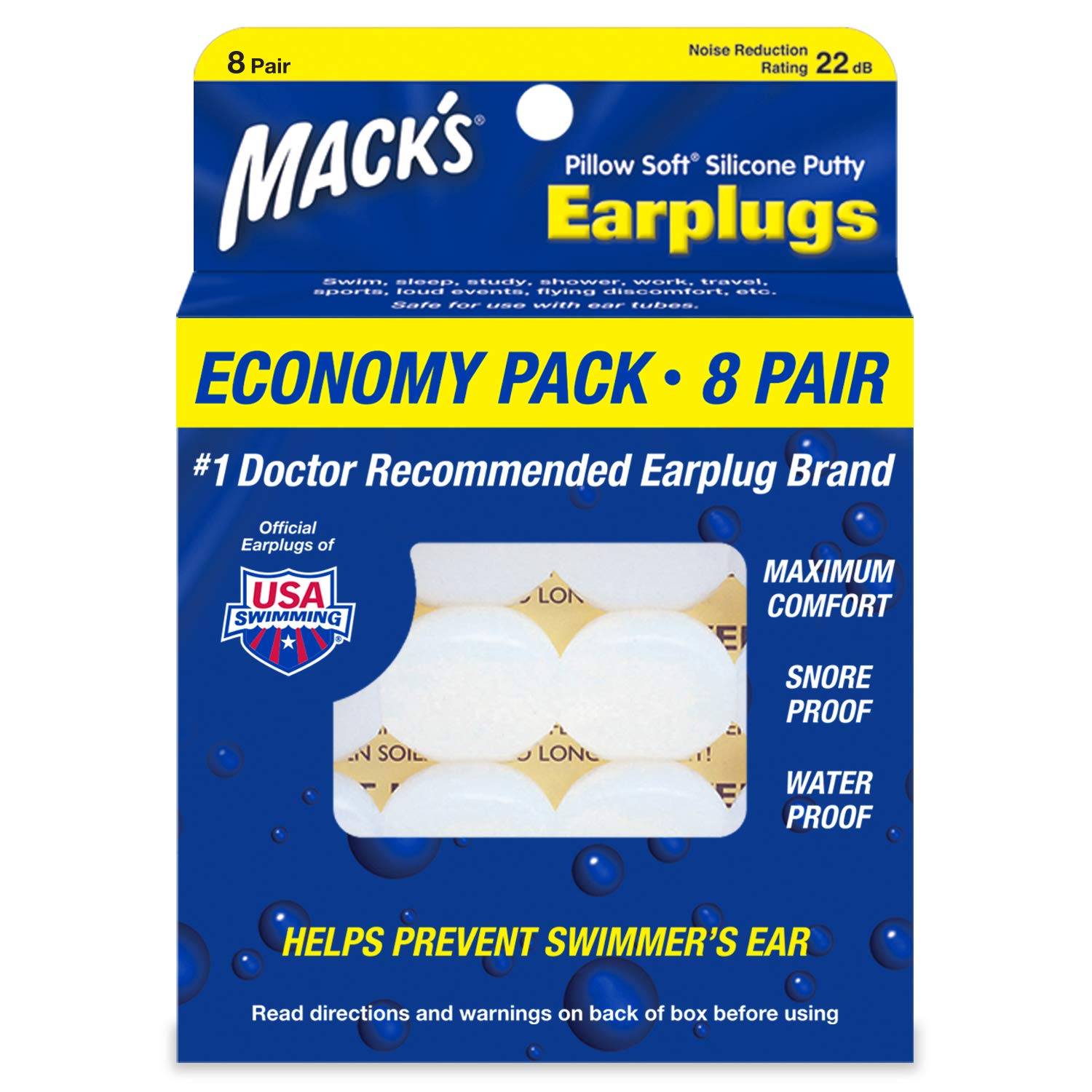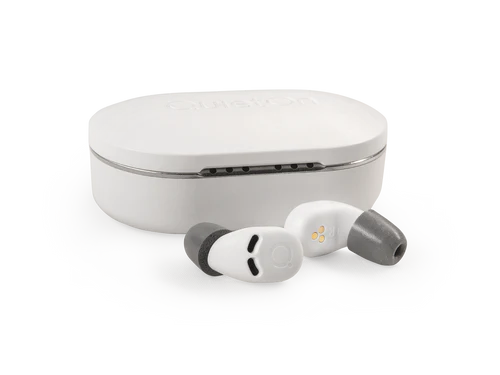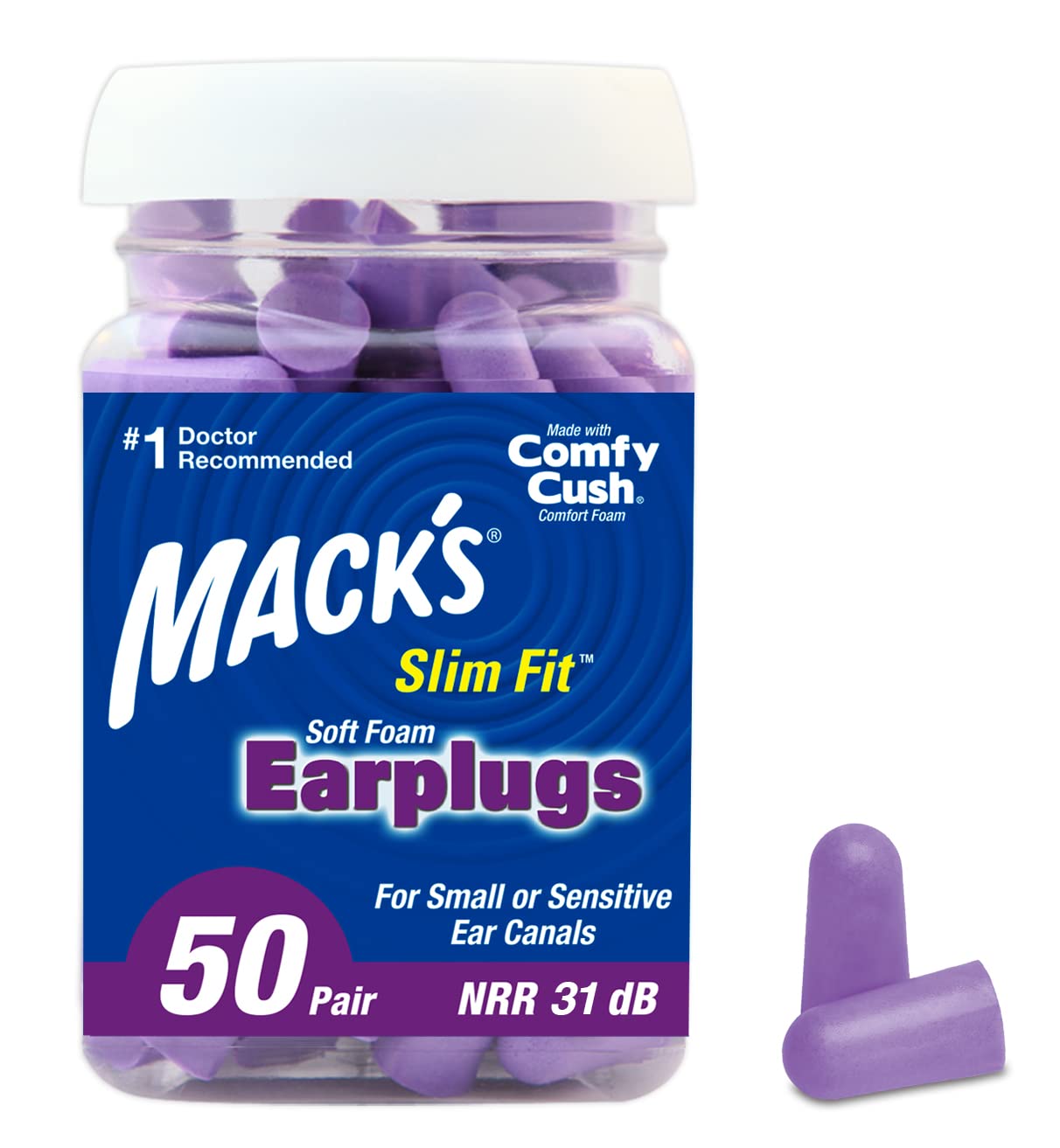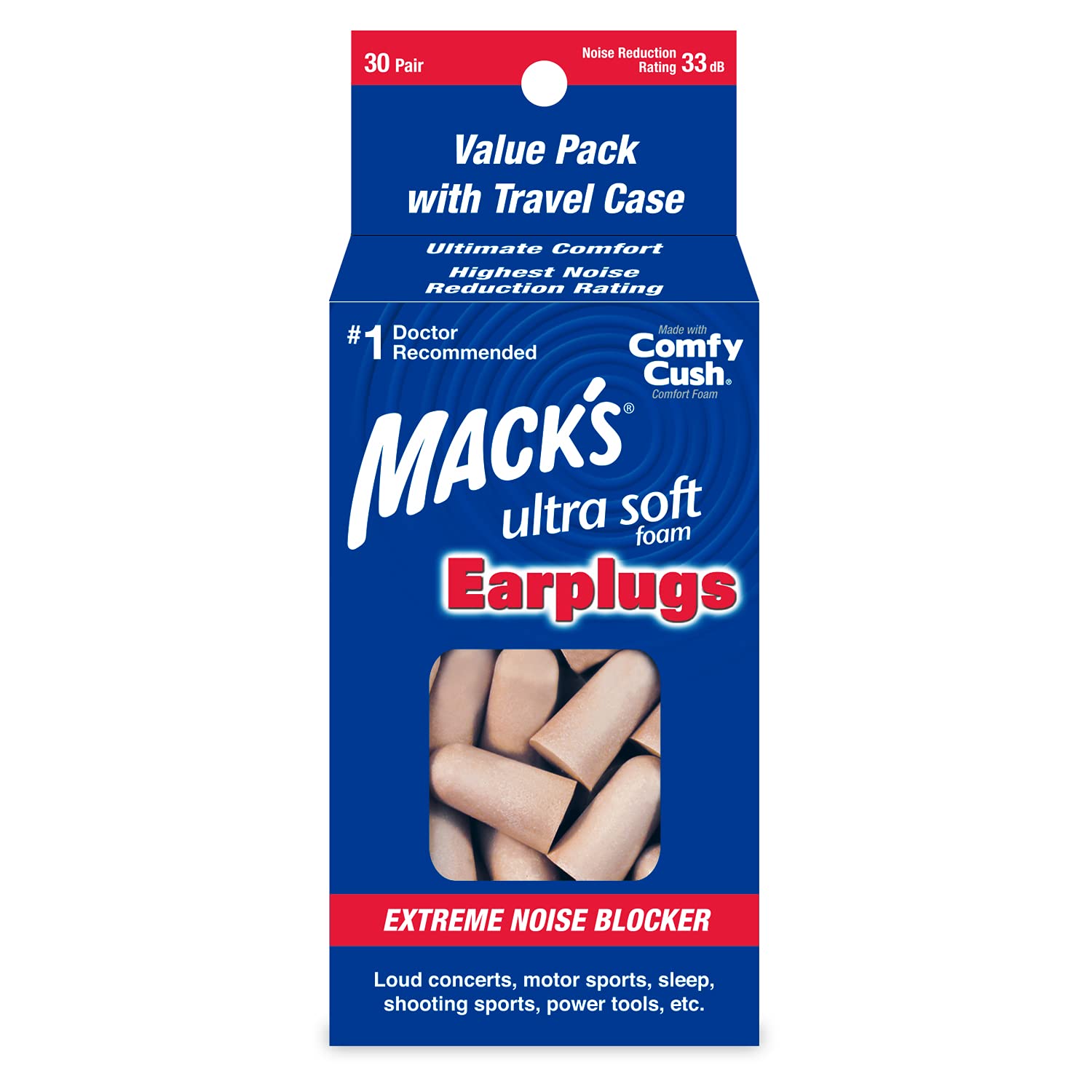Ear Plugs

Quiet is essential to a good night’s sleep. Unfortunately, at night, quiet is out of our control. Traffic, pets, neighbors, and many other things can cause disturbing noise at night.
You can’t control the noises around you, but you can control whether you hear them. Ear plugs are a simple and easy way to block out disruptive sounds and improve the quality of your sleep.
See how your sleep quality stacks up.
Start here to get a baseline on how well you sleep and where you can improve.
How Ear Plugs Help You Sleep
Create a quiet environment to help you transition from full wakefulness to sleep more quickly.
Improve the quality and length of your sleep by limiting nighttime awakenings.
How Ear Plugs Can Benefit People
Help shift workers and travelers sleep during the day or in loud environments.
If your partner snores, earplugs are a simple way to block out that annoying sound.
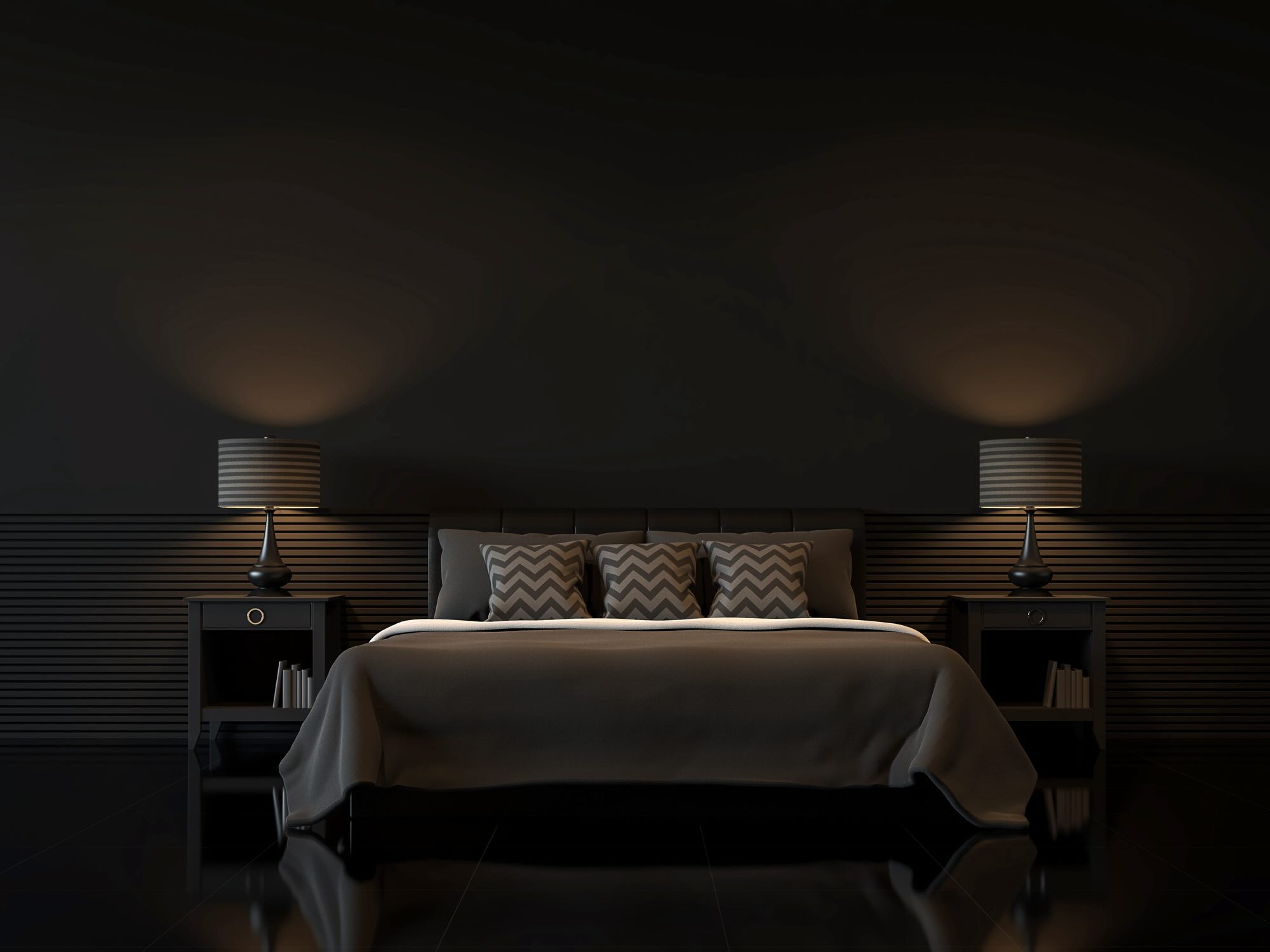
Optimize Your Room for Sleep Hygiene
Sleep hygiene refers to your sleep routine and the physical state of your bedroom. Discover the simple steps you can take to improve your bedroom environment and boost both the quality and quantity of your sleep.
Learn MoreHow to Choose an Ear Plug
- Noise Reduction Level (NRR): Higher NRR means better noise blocking, but comfort might decrease. Consider your noise level needs and sensitivity.
- Material and Comfort: Choose soft, non-irritating materials that fit snugly but comfortably without putting pressure on your ears.
- Washable or Disposable: Reusable earplugs offer long-term value, while disposable ones are convenient for travel or occasional use.
- Additional Features: Look for functionalities like adjustable fit, sleep-tracking capabilities (QuietOn) or Bluetooth connectivity (for audiobooks or calming music).
- Price: Earplugs range from budget-friendly (Mack's) to premium options (QuietOn). Choose the value that aligns with your needs and budget.
Different Types of Ear Plugs
- Foam vs. Silicone: Foam earplugs are soft and conformable, while silicone earplugs are moldable and can provide a more tailored fit.
- Disposable vs. Reusable: Choose between disposable earplugs for convenience and single-use, or opt for reusable ones that can be cleaned and used multiple times.
- Passive vs. Active Noise Cancellation: Passive earplugs physically block sound, while active noise cancellation earplugs use technology to cancel out ambient noise.
- Amount of Sound Reduction: Consider the amount of sound reduction needed, typically measured in decibels (dB).
Who Might Benefit from Ear Plugs
- Light Sleepers: For those sensitive to noisy neighbors, traffic, or a partner's breathing, as earplugs can block out unwanted sounds and promote deeper sleep.
- Travelers: Helpful for managing hotel noise, airplane engines or snoring roommates, earplugs are easy to pack in a bag or suitcase.
- Shift Workers: Beneficial for individuals who need to sleep during the day, as earplugs can aid in creating a quiet and conducive sleep environment amidst daytime activity.
Who Would Not Benefit from Ear Plugs
- Individuals with ear infections or ear problems.
- Those with excessive earwax production.
- People with tinnitus.
- Individuals who are sensitive to pressure in the ears.
- Sleepers who move a lot.
- People with hearing aids.
- Parents of young children.
- Individuals who may miss sound alarms.

Relevant Research - Ear Plugs
Research across various settings indicates that earplugs can significantly improve sleep quality by reducing noise. A study on room acoustics (Noise Health) found that lowering noise levels increases deep sleep and reduces night-time disturbances, suggesting earplugs' utility in noisy home environments. A comparative analysis (Archives of Disease in Childhood) observed better sleep quality at lower noise levels in both hospital and home settings, highlighting the universal benefit of noise reduction. Another study (Critical Care) demonstrated improved sleep in hospitals with earplugs, further supporting their effectiveness in clinical settings. Additionally, research on the impact of background noise (Sleep) showed a reduction in sleep onset latency with filtered white noise, emphasizing earplugs' potential to enhance sleep quality by mitigating environmental noise. These studies collectively underscore earplugs' effectiveness in improving sleep in various environments.
